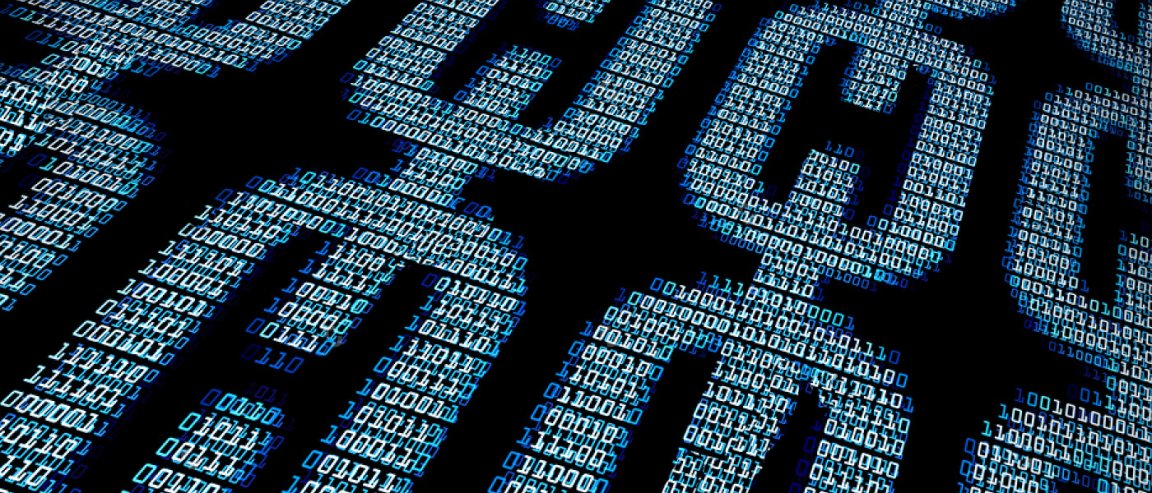
What is Blockchain?
Blockchain is a decentralised network in which each ‘block’ represents a piece of information as computer code. When a transaction takes place, it is recorded on a completely transparent public ledger (database) and chained to every previous transaction that the piece of data is involved in using a digital signature.
The system cuts out middlemen and bureaucracy, providing a trust-based system of exchange. Rachel O’Dwyer, of Trinity College Dublin, says in an essay, “the blockchain is presented as an algorithmic tool to foster trust in the absence of things like social capital, physical colocation, or trusted third-party management.”
The most famous use of the system is to support the cryptocurrency Bitcoin, which has become notorious for its use on the darkweb, but which has the potential to act as a currency to buy anything. Dr. Catherine Mulligan, a Fellow and an Expert of the World Economic Forum for Blockchain Technologies, says in the video below that it could have a “Foundational impact on the way our society runs, the way our government runs, the way that we interact with one another — not just in economic transactions, but on a day-to-day basis.”
Its use is on an ever upward trajectory: top banks have started using blockchains, the U.S government has awarded $2.25 billion to research projects, and bitcoin is becoming increasingly valuable.

What are the Legal Issues?
Like any innovative and potentially all-pervasive system (people have commonly compared it to the internet), there are some legal issues that need to be traversed.
Because it is decentralized, it facilitates illegal transactions. Money laundering and acquiring digital assets are hard, because in digital banking an individual has to go through a middleman and there are meetings, intimacy, or exchange between parties who know each other. Because blockchain exchange is conducted under pseudonyms, the parties do not know each other, but more importantly can claim that they do not. As most countries operate on a principle of Know Your Customer, in a financial system in which the customer is not validated or ratified, illegal activity becomes easier.
Smart contracts may be long-term detrimental. Smart contracts use the blockchain to decrease transactional friction (the economic inefficiency caused by processing a transaction) and provide a way for individuals to exchange without the middleman. However, the contracts are often too simple to cater for fiscal or legal complexities, meaning that if a problem arises they may be insufficient to help resolve it.
Linked to the above point is that the legal system will take time to adapt to evidence derived from blockchain. Even if contracts are complex enough, the legislative system and lawyers need time to understand and handle the evidence and how it can be used. However, blockchain is already fairly widespread in its use, meaning that over the next few years we could see incorrect legal decisions because of misinformation.
What are the Benefits?
Blockchain has the potential to decrease bureaucracy, democratize data, decrease risk, decentralize banking, and make asset management far easier.
Specific uses for it include showing where your tax money is being spent, ensuring food and raw materials are ethically sourced, giving citizens in developing countries the capability to challenge unfair land seizure. Imogen Heap is proposing using it to save the music industry and ensure artists receive a fair deal to counter the mercenary approach of Spotify; the World Food Program is using it to feed the world’s poorest families.
Its rise or fall depends entirely on how it is legislated, and this is the tension at the heart of it. This is a system that is being used by both the world’s biggest banks and to buy drugs online, that is precisely designed to be decentralized and uncontrolled, so how can we ensure it is used for good and not abused? That it is accruing value perhaps shows the beginning of financial trust, which could develop into total trust in a more transparent and democratized world.